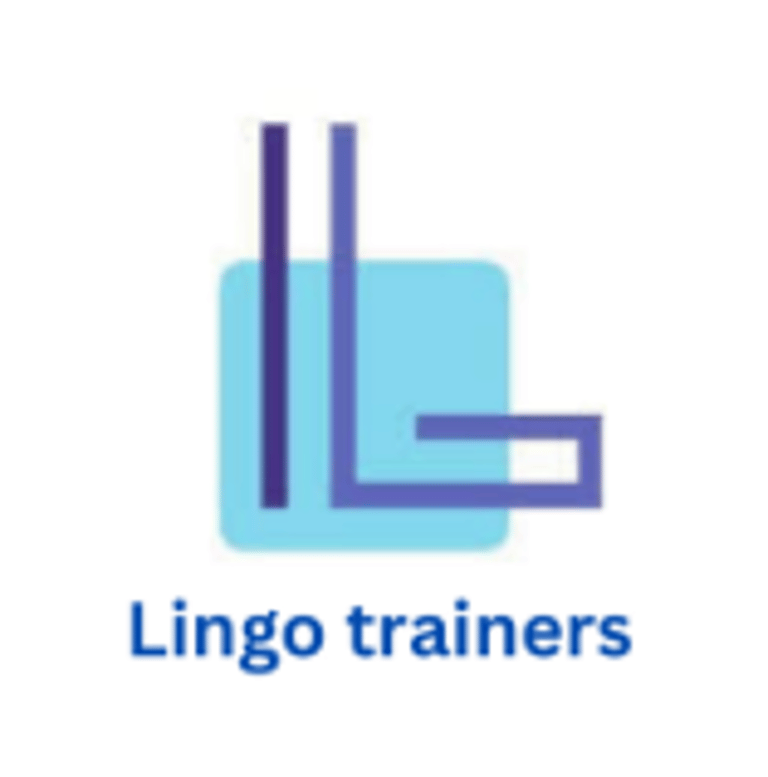

Master your skills in English
Domina sus habilidades en Inglés
This advanced ESL (English as a Second Language) course is designed for learners who already have a strong foundation in English but want to refine their skills further. Here’s who can benefit from taking such a course:
Este curso avanzado de ESL (inglés como segundo idioma) está diseñado para estudiantes que ya tienen una base sólida en inglés pero que desean perfeccionar aún más sus habilidades. Los siguientes son quiénes pueden beneficiarse de realizar un curso de este tipo:
1. High-Intermediate to Advanced English Learners / Estudiantes de inglés del nivel intermedio alto a avanzado
2. Students Preparing for Higher Education / Estudiantes que se preparan para la educación superior
3. Professionals in English-Speaking Workplaces / Profesionales en lugares de trabajo de habla inglesa
4. Immigrants & Long-Term Residents / Inmigrantes y residentes permanentes
5. Writers & Creatives / Escritores y creativos
6. Learners Targeting Native-Like Proficiency / Estudiantes que buscan un dominio similar al de los nativos
What is the focus of this course? / ¿Cuál es el enfoque de este curso?
Business English / Inglés para negocio
English for Academic Purposes/Ingles para propositos academicos
Medical English/Inglés para Médico
English for Travel and Tourism / Inglés para viajar y el turismo:
English for IT and Technology / Inglés para técnico TI
Pronunciation and Accent Reduction /Pronunciación y reducción de acento
Cultural Competence and Communication / Competencia cultural y comunicación
English for Creative Writing / Inglés para escritura creativa
English for Hospitality / Inglés para hotelería
Advanced English Grammar / Inglés grammatical avanzado
English for Science and Research /Inglés para science e investigación
English for Social Media and Marketing /Inglés para para medio social y la mercadotecnia
Requirements to take this course / Requisitos para tomar el curso
Demonstrate a foundational level of English proficiency / Mostrar un nivel fundamental de fluencia en inglés.
Course Duration/Duración del curso
Standard Advanced ESL Course: 3–6 months / Curso normal de 3-6 meses/
(with 10–15 hours per week)
(Con 10-15 horas/semana)
Intensive programs: 8–12 weeks
Intensivo 8-12 semanas
(full-time study)
(Estudiar tiempo completo)
Learn to master your skills in English
Conviértanse expertos en el Inglés
ESL advanced
Address
1802 Pleasant Valley Rd Suite 400 # 1015, Garland, TX 75040
Contacts
469-496-5507
Email:info@lingotrainers.com
Business Hours
Monday-Friday: 9:00 AM-5:00 PM
Saturday: 9:00 AM-4:00 PM
Sunday: Closed
© Copyright 2017 Lingo Trainers. All Rights reserved.
